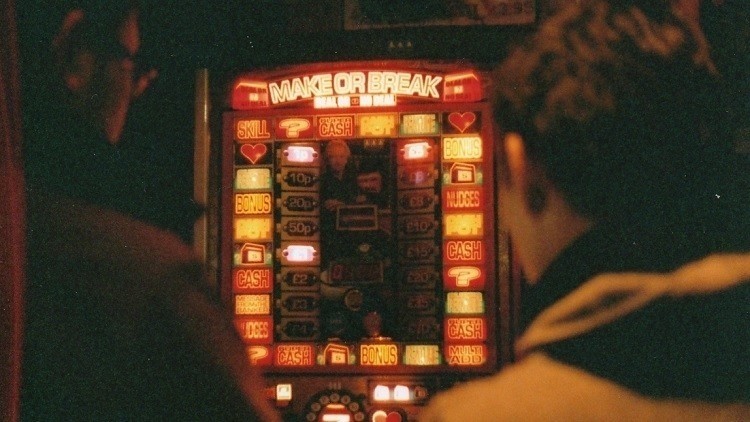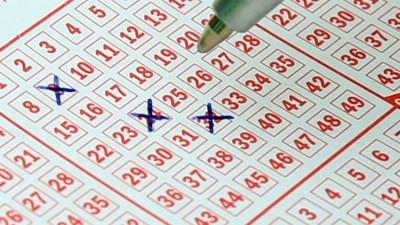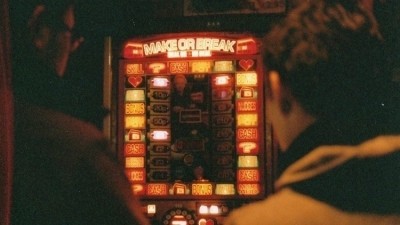Industry bodies respond to betting stake cut

A review by the Gambling Commission had recommended a maximum stake of £30 or less for fixed-odds betting terminals, however the Government decided to clamp down even further.
Despite warnings from the betting industry, culture secretary Matt Hancock said ministers had decided to “take a stand”.
The Government said it would need parliamentary approval for its reforms and would engage the industry in order to make required technological changes.
Fixed-odds betting terminals generate £1.8bn in revenue a year for the betting industry, according to the Gambling Commission, and taxes of £400m for the Government.
A survey conducted by social research agency NatCen found that playing poker in pubs or clubs was among the top five activities with the highest proportion of problem gamers.
'Clearer focus on deregulation' needed
As reported by The Morning Advertiser in January 2018, the BBPA and UKHospitality (then Association of Licensed Multiple Retailers) expressed the opinion that the government consultation could “revitalise the gaming machine sector” for pubs by conducting an upward review of stakes and prizes for category C machines, increasing the automatic entitlement from two to four machines, and “slashing red tape and fees” for venues.
In response to the government’s announcement on 17 May, chief executive of the BBPA, Brigid Simmonds, commented: “The BBPA is disappointed that no changes have been made in particular to the stake for category C machines - we had asked for an increase from £1 to £2 in the stake to allow innovation in the 50,000 machines in pubs for customers who enjoy playing these low-stake and low-prize machines.
“We understand however that the focus of this review was on fixed-odds betting terminals and will work with the Government to ensure that our social responsibility codes are robust.
“There is a real need for a clearer focus on deregulation to reduce the burden on pubs.
“The costs to small business under the current regulations for gaming machines are too high. In the coming months we will encourage Government to look at some of these issues more closely.
“The bureaucratic requirements for regular notification to local authorities on the mix of machines and change of licensee are costly, archaic and in need of review.”
'Vital revenue stream'
Kate Nicholls, chief executive of UKHospitality, has called on the Government to offer pubs support following the announcement.
“The Government’s approach to category C and D machines suggests that it is prepared to act pragmatically, and to entertain the notion of an increase in stakes and prizes if the sector can demonstrate that it has implemented measures that will manage the risk of gambling-related harm effectively.
“Despite there being no evident link between problem gambling and the category C and D machines allowed in pubs, our members are keen to promote socially responsible measures, to show that these machines are used under supervision and with an absolute minimum of harm.
“Category C and D machines are vital revenue stream for many pubs and we will continue to liaise with the Government to ensure that pubs have the support and opportunities they need to make the most from them.”







